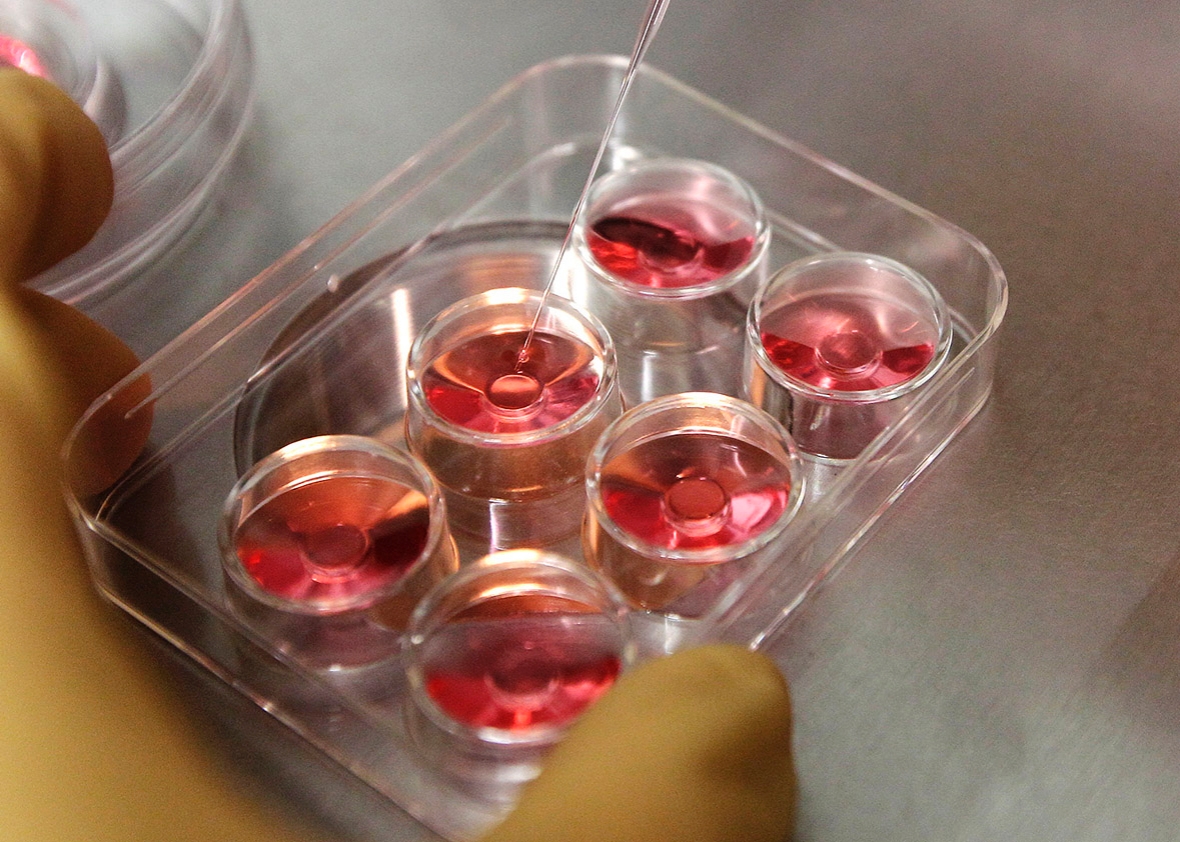Promoting Made in Nigeria products as way to sustain economy

The call for Made in Nigeria Products was again brought to the front burner recently at the 18th Mike Okonkwo Annual Lecture where stakeholders stressed the need to encourage the purchase of locally made products in order to sustain the nation’s economy.
A country’s development index can be measured by what it buys and borrows from other countries and by how it benefits its own people as well as how it impacts on other countries and world around it.
Nigeria is one of the developing countries ranked 169th out of 180 developing countries that largely depends on imported goods thus being in a state of trade deficit, rated the biggest tomato paste importer in the world with over $1 billion per annum.
History has shown that no country has ever become rich by exporting raw materials without also having an industrial sector because the more a country specializes in the production of raw materials only, the poorer it becomes.
It is also a known fact that an increase in the making and buying of locally made products would lower trade deficit and in turn have a positive effect in Nigeria’s balance of trade as this would reduce the need for imports because more products would be nationally sourced while there would be less money leaving the country.
According to the winner of this year’s essay of Mike Okonkwo annual National Essay for secondary schools, Miss Alexandra Nwigwe of Vivian Fowler Memorial College, on the topic, Made in Nigeria products: The Only Vehicle for Sustainable Development, investing in Nigeria made products would help the country out of financial crisis and boost foreign investment.
She noted that as of today, Nigeria is importing many products that it could easily make and if this continues, trade deficit is inevitable as a rise in locally made products would cause business expansion and an increase in both GDP and employment.
Corroborating her point, special guest at the annual lecture, Chief Executive Officer of Erisco Foods Limited, Eric Umeofia categorized Made in Nigeria products into two sections which are: Nigerian products manufactured by companies owned by indigenous Nigerian citizens and Nigerian products manufactured by foreign owned companies.
According to him, obstacles towards sustainable development through developing Made in Nigeria products include lack of access to enough foreign exchange which he said the Central Bank of Nigeria still operates a foreign exchange regime that largely favours importers to the detriment of indigenous manufacturers.
Other bane of promoting made in Nigeria products also include lack of appropriate policy against dumping and importation of substandard and cheap products from countries like India and China among other Asian countries while bribery and corruption also hinders promotion of made in Nigeria products.
Other hindrances include multiple taxation by the three tiers of government which increases the cost of products and further makes the products uncompetitive compar5ed to the prices of products imported from Asia and some other countries.
Also, lack of infrastructure, lack of practical policy by government to deliberately encourage the growth of indigenous manufacturers the way it is done in other countries as well as policy inconsistency and policy somersaults.
On the way benefits of promoting made in Nigeria products, Umeofia highlighted increase in the level of employment generation, foreign exchange earnings through the policy of import substitution and leading industrial revolution as well as indigenous companies growing to become multinationals.
In her own submission, President, Lagos Chamber of Commerce and Industry (LCCI) and former Minister of Industry, Chief (Mrs) Nike Akande who was the guest speaker at the event said Nigeria has always beenj dependent on oil as a major source of foreign exchange over the years.
She however noted that the latest experience which was the sustained decline in global oil prices since 2014 that led to various fiscal and economic challenges such as the drop in foreign earnings,
decline in foreign exchange reserves, huge financial bailout for some States in the Federation, unstable business environment and economic recession, has resulted to the need to change Nigeria’s development focus.
She advised that promoting Made in Nigeria should continue to be a priority for the government in response to the prevailing economic conditions adding that with more patronage, Nigerian manufacturers will be encouraged to improve the quality of their products.
“As the quality of our goods and services improve, local and international demand for them will increase. There is no doubt that the fastest route to grow our economy and to create jobs for our teeming population is by promoting non-oil export.
Export led growth will add to our foreign reserves and stabilize the local currency”, she added.
Mrs Akande also highlighted importance of patronage of Nigeria made products to include business success which in turn translates to higher tax revenues for government programmes,
reducing carbon footprint, promotion of beauty and culture, helping local economy and economic growth and enhancing the velocity of money or circulation speed.
“Sustainable development that would guarantee jobs vary the economy, advance the standard of living, security of lives and property depends on the existence of a robust economic development agenda that encourages production and sustenance of local goods”, she said.
On his own part, the convener, Bishop Mike Okonkwo, Presiding Bishop of The Redeemed Evangelical Mission (TREM) said the need for the topic is to help Nigeria get out of its present economic downturn so that the call by the Federal Government to diversify the economy can be sustained through promotion of Made in Nigeria products.
The event also witnessed a cash flow as winners from the essay competition were awarded with cash prizes, laptops, computer sets, awards plagues and trophies.







